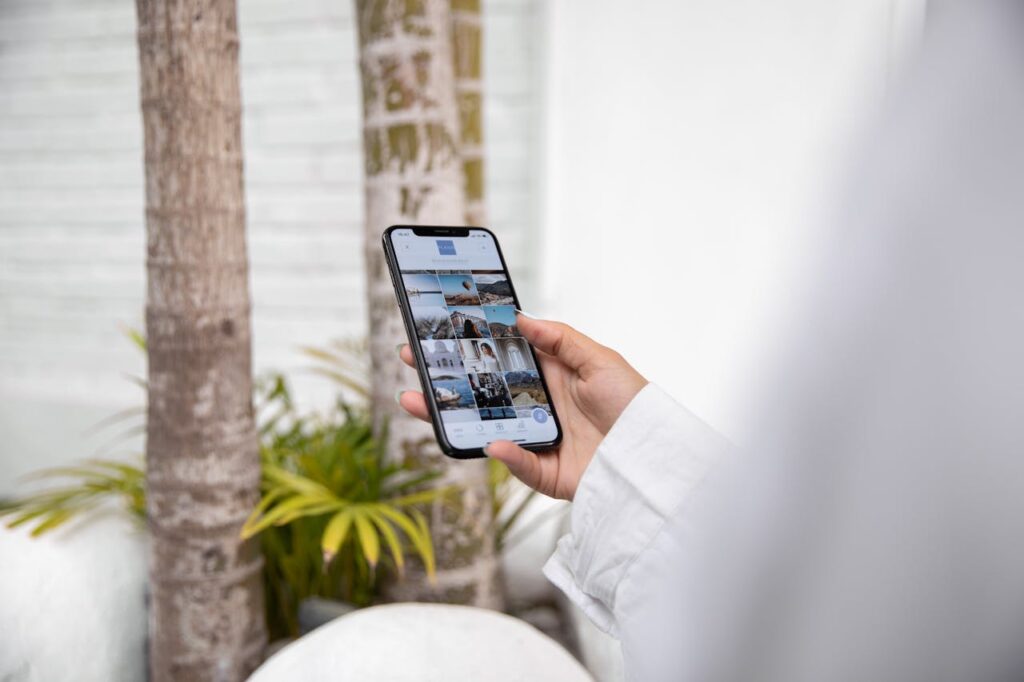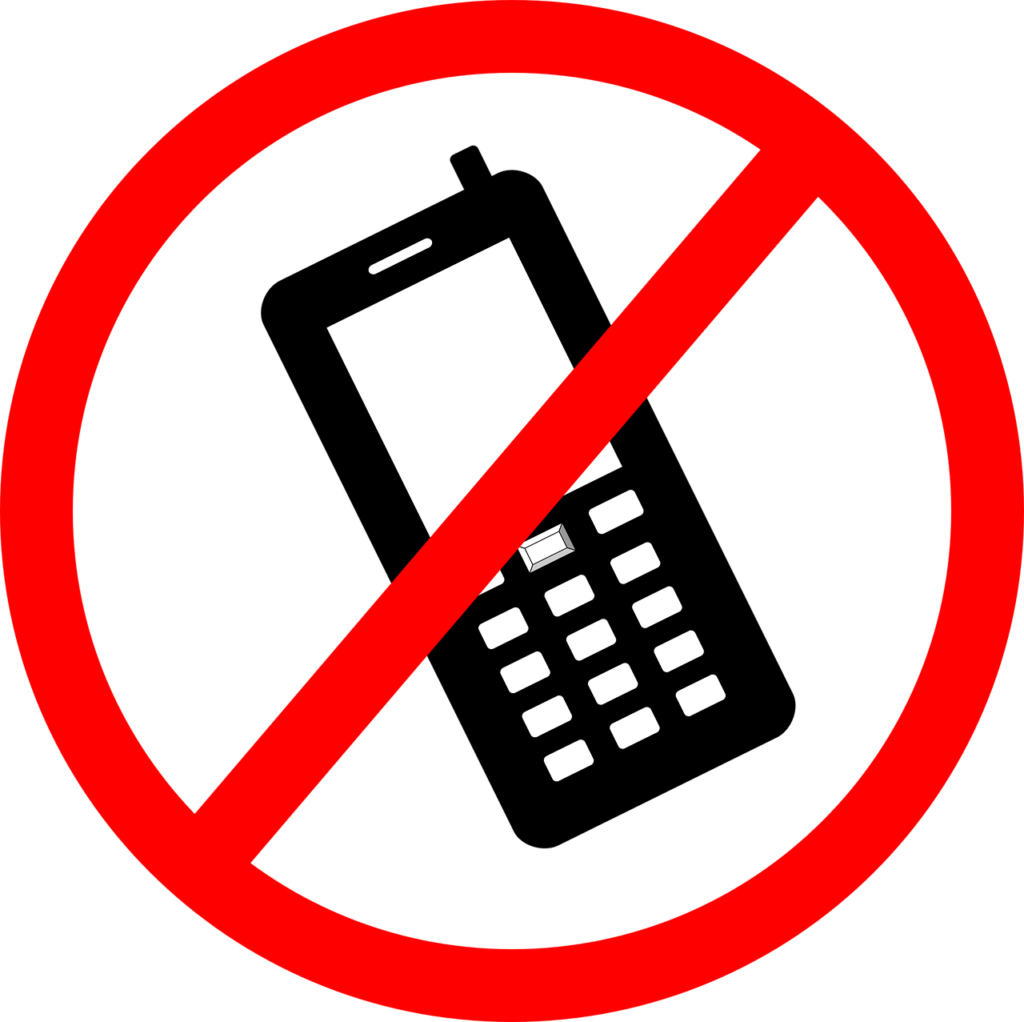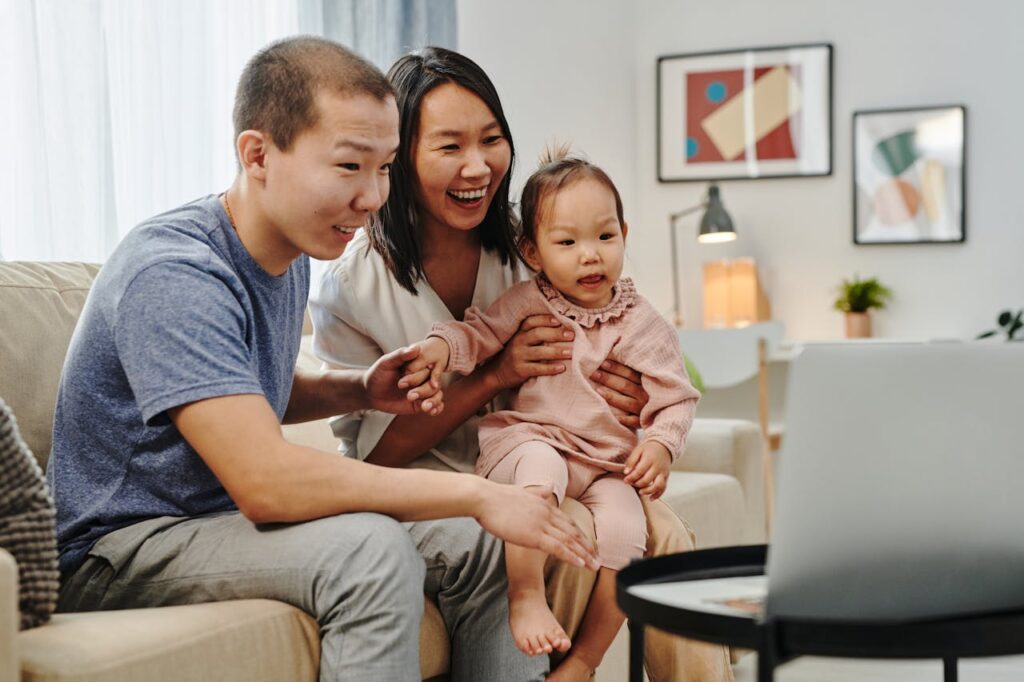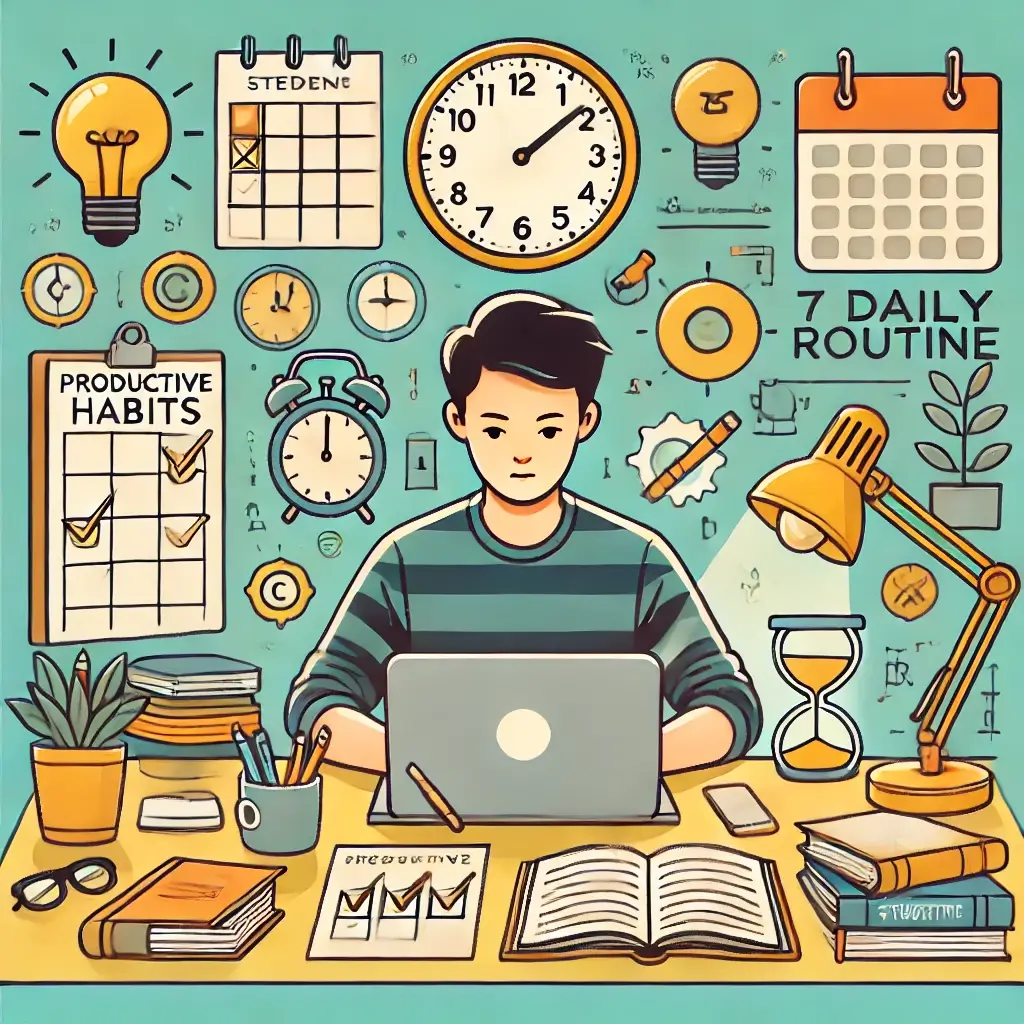
Table of Contents
Introduction
Social media has now actually embedded its fabric deep into the digital age, changing the way people connect, communicate, and acquire information. However, with these many platforms of networking and sharing knowledge, total dependence on social platforms is bound to take its inevitable toll on our mental well-being.
So many people are finding their way to a social media detox, trying to regain control of how much time is spent on screens and regaining mental clarity. In this blog post, we’ll discuss exactly what a social media detox really looks like – including the steps and benefits of intentionally decreasing your time online and how it positively impacts enhancements of your overall wellness.
Cutting back in the use of social media can enhance focus, reduce stress and make things more coherently felt in the world outside and around the individual.
Understanding Social Media Detox
A social media detox is really just taking a deliberate break from that constant barrage of Facebook, Instagram, Twitter, TikTok, and hundreds of other social platforms. It is restoring or learning balance with an endless inflow of information, inane notifications, and digital distractions fighting for our attention.
Detoxing from social media is something bigger than the simple deleting of an app on your mobile phone-it’s about having healthier relationships with technology through learning to appreciate the real over the virtual.
The Effects of Social Media on Mental Health
Social media engagement means endless scrolling, getting likes, and comments. The more people use these sites, the more it adversely impacts their mental health. Here is how overuse of these networks contributes to the deterioration of mental well-being:

Accumulation of Anxiety and Stress
Social media is built on the principle of comparison, and we are constantly exposed to the best parts of everything in one’s life-the highlight reels-that may leave someone feeling bad about themselves, stressed, or anxious, which science also backs as something that fuels self-esteem issues and contributes to anxiety disorders.
Disrupted Sleep
Our screens, with their lighted blue glow, intrude on our natural patterns of sleep when we vigilantly use them at night, staying awake longer than we should. Failure to sleep well undermines mood and cognitive function.
FOMO (Fear of Missing Out)
Social media escalates the fear of missing out because there are constant updates on what others are doing, what they have, and what they achieve. It results in feelings of exclusion and disappointment in one’s life.
Addiction
Social media is wired to be addictive. A simple notification, like, or comment sets off the release of dopamine in the brain. This creates a reward loop that will have a user coming back for more. This can evolve into a form of unhealthy dependence over time, where people can’t function without checking their social feeds all the time.
Depression
Excessive use of social media has been linked with depression, particularly in young people and adolescents. The constant exposure to unattainable images of success, beauty, and happiness fosters distorted perceptions of self-worth and intensifies symptoms of depression.
Digital Minimalism: The Strategy for Healthier Screen Time
One is through digital minimalism. This was coined by Cal Newport, the deliberate and intentional use of technology. Digital minimalism doesn’t mean abstaining from technology but using it wisely so you can benefit from it without losing your well-being.
Here is how digital minimalism can be applied within the scope of social media:
Purposeful Use
Instead of scrolling mindlessly, digital minimalism encourages you to use social media for a purpose. It might be keeping connected with those closest to you, tracking educational accounts for knowledge growth, or expanding your network for professional development. The power of focusing on intention is that you can avoid waste by knowing irrelevant content.
Scheduled Time
Vow to spend social media time in specific blocks. Rather than refreshing all of your feeds several times a day, limit your refreshing to once or twice and do so only within a certain time frame. This gives you more time to do other concrete real-world stuff, but it also diminishes some of the urgency induced by having those constant notifications.
Clean Up Your Digital Space
Stop following people who in no way add value to your life. Delete those applications that distract you most from being productive. The digital world can be cleaned up so that less unnecessary information assaults your mind.
Mindful Consumption
Social media are often thought to be used for the mere passive reception of content. Let’s think about engaging interactively, not mindlessly scrolling, and being more concerned about quality than quantity when it comes to what we consume.
Screen-Free Time
Create screen-free times in your day. Identify and allocate specific hours in your day, for example, during mealtime or before bed, as screen-free hours. This simple practice can transform your mental clarity and focus.
Benefits of social media detox:
Taking a break from social media detox can be daunting, but the benefits for your mental health are well worth the effort. Here are a few positive changes you could expect:

Improved Focus and Productivity
Constantly there are these notifications or distractions coming in from the digital gizmo, breaking apart your concentration; then, due to that, your productivity plummets. A social media detox gives you back mastery over your concentration so that you can fill it with productive tasks that bring more meaning into your life.
Emotional Well-being Increases
You can also get enhanced emotional control by removing the comparison and validation stresses of social media.
You will probably be less anxious, fewer feelings of being overwhelmed, and more in tune with your emotions.
Better Sleep
Whereas you would receive stimulation from scrolling through the feeds before falling off to sleep, you’ll now unwind and fall asleep without any issue. Enhanced sleep quality is associated directly with mood, energy level, and cognitive functioning.
More meaningful real-life connections
Social media often provides a false impression of connection. Detoxing may give you more time to engage in actual face-to-face connections and connections with those in your lives. Meaningful connections and not digital ones contribute to longer happiness.
Reclaiming Time for Activities and Passions
Without the constant pull of social media, you will find much more time to engage in things that can bring joy and sense of fulfillment. This can be reading, exercising, painting, or spending time with family. You will have more mental space and time to invest in something that matters.
Heightened Self-Awareness
A social media detox gives a person time for introspection. If one can remove noise from other influences, then they can engage in self-reflection on their needs, desires, and objectives. It is this self-awareness that is the key to personal growth and building resilience.
How to Get Started on Your Social Media Detox
Doing a social media detox does not have to be an all-or-nothing affair. Take these steps to ease into your detox program:
Set Clear Intentions
Define why you want to detox. Are you looking to eliminate anxiety, become more productive, or just have more time for you? Having a purpose in mind will help you stay focused throughout this process.
Begin with small scales
Of course, you don’t need to quit cold turkey but start with taking very short breaks-then maybe a few hours every day, gradually upping the time. Try and set a goal to reach at least a week of detox and see how you are at the end.
Turn Off Notifications
One simple way to cut back on the compulsion to check your phone is to turn off all notifications on social media apps. Then you are likely to reach less mindlessly for your phone.

Use Apps to Limit Usage
Ironically, technology can be your best friend for detox. You could install social media tracking and limiting apps. Apps like Moment, Offtime, or Freedom permit you to set daily limits and to set the times during which you are restricted from a platform.
Designate A Social Media-Free Zone
Set aside rooms or hours of the day when there’s no internet. It can be your bedroom or during dinner time. These restrictions will help seal the decision to detoxify.
Inform others
Let your friends and followers know that you’re quitting social media. This keeps you on your toes as well as frees you from pressures of replying to messages and engaging with other posts.
Reflect on the experience
Wait for at least a week or two to detoxify your mind, after which assess your mental state. Based on this feel, note how your brain has reacted, as well as your concentration and general state. Use the insight to formulate a sustainable way of balancing use of social media forward in time.
Strategies in Maintenance After Detox
A detox from social media does not mean you have to give up the platform for good. The whole concept of detoxes is to bring health to your online and offline lives. Here are some tips on maintaining that balance post-detox:
Set Usage Limits: While on detox, limit your use of social media time but continue to restrict time for it even after the detox.
Prioritize Real Life Interactions: Invest time in relationships with other people.

Be Intentional: Each time you go onto social media, have a purpose and refrain from endless swiping.
How to Maintain a Healthier Relationship with Social Media Post-Detox
After you’ve completed a social media detox and gotten a few benefits out of it, what you will have to deal with is how to keep maintaining a healthier relationship with social media. A middle path can enable you to benefit from the fruits of staying connected online and saving your mental health.
Here are some tips to long-term success after detox:
1. Social Media Boundaries
Set a boundary over how and when you’re on the socials to avoid slipping back into earlier behaviors. For example, including your kids in rule-setting might be one boundary you could set.
Set Time Limit: Here is how you might limit your usage of social media to daily or weekly limits. You can use built-in tools on your phone or third-party apps that help track your usage and block access once you’ve reached a threshold.
No-Social Media Zones: Set some zones or time slots in which you do not access social media at all. Avoid posting bed and keep the phone away from it. Or you can avoid checking your social media while having meals with your family or on working hours.
Work-Free Spaces: In case you use it for work or networking, set some particular working hours that contain only professional consumption of social media. So professional use does not invade personal time.
2. Curate Your Feed
You detox your social feed after detoxing. Just think of interest and values. You do not have to follow everybody and everything.
Accounts to Unfollow: The accounts you need to get rid of are the ones that make you feel anxious, insecure, or negative. Let go of the people who inspire negativity, provide less value, or are just entirely unrelated to your passion.
Be Selective and Focus on Quality over Quantity: Instead of accepting and connecting to as many accounts and content as possible, focus on the ones that increase the value of your life through education, inspiration, or interest in specific hobbies. Less noise in the feed can help you feel more positive and focused.
3. Mindful Engagement
Now that you’ve detoxed your social media space, you might be more inclined to engage with a little more mindfulness:
Just use it mindlessly scroll: most designs of most social media are built that way to keep users scrolling for hours. Well, instead of simply consuming content like a zombie, strive for mindful engagement by liking posts that resonate with you or adding something meaningful to discussions.
Give Better Interactions: Instead of being annoyingly liking and commenting on posts, try to give better interactions with friends and family. That could mean you give each other a private message, arrange for a video call, or meet face-to-face.
4. Exercising Digital Minimalism Every Day
Digital minimalism is the practice of maintaining a healthy balance between online and offline life. This can be done through the following:
Regular Detoxes: Consider doing mini-detoxes from all aspects of life during the year. You can detox for a weekend or a week, and then you can even detox just for one day in a month. These breaks mean you get to reset and reaffirm good practices.
Audit Your Apps: Do this every few months. Walk through the applications you have on your phones and begin by removing what no longer has any meaningful purpose. It keeps that digital space free of clutter while reducing distractions.
Spend time on non-digital things such as hobbies, exercise, or bonding with your loved ones. The more you are fulfilled in the real world, the more you will not depend on digital validation.
5. Understand How Social Media Impacts Mental Health
Understanding how social media affects your mind is important to a healthy relationship with it. Self-awareness is key in noticing when your engagement with social media may have tipped into unhealthy territory.
Track Your Emotions: Keep a record of how you feel after spending time on social media. Do you feel more anxious, overwhelmed, or distracted? If yes, it may be time to cut back or detox again.
Pay attention to whether your self-esteem improves or hurts after you’ve scrolled through those networks, and if you frequently catch yourself comparing what’s going on in your life with what’s going on in someone else’s, it’s time to reassess your engagement with these platforms.
Reach out for Help if Necessary: If you find yourself going through a relationship with social media that is affecting your mental health largely, get professional help. Therapists could guide you further on managing digital habits and underlying mental health issues.
6. Bring together the virtual and the real lives.
With social media, though, it’s easy to forget that digital connections ought never replace actual relationships. Virtual connections often feel hollow compared with the warmth and authenticity of encounters made in person.
Cultivate Real-Life Ties: Spend more time with families and friends offline. Whether catching up over coffee or engaging in shared activities, it builds relationships and fulfills the emotional need of well-being.

Control virtual comparisons: Social media has the tendency to smudge reality, where people only post and share the best times in their lives. Remember that what you see on social media isn’t a 360-degree view; therefore, you shouldn’t compare your life with that of others’ collated ones.
Accept Your Part in the Use of Social Media as a Moderation Activity
As this blog calls for detoxing out from social media as well as lessening the screen time, it is also relevant to keep in mind that social media, if done responsibly, provides a lot of positive effects:
Staying in Touch
Social media assists people to get in touch with their friends and family, even if they reside in remote parts of the globe. It is a very powerful tool to maintain relationships beyond geographic distances.
Building Communities
Social media channels enable like-minded people to come together to offer mutual support on issues shared by them. It ranges from hobby enthusiasts groups to mental support groups, where social media connects and develops people.
Learning Materials
Many make use of social media in order to communicate useful information regarding many different types of topics. Used as a means, social media can be extremely helpful in learning and self-improvement.
Career and Networking Opportunities
A social media network, like LinkedIn, shall help a person improve himself professionally. Such sites provide user opportunities for networking and searching for jobs, as well as professional improvement-wonderful advantages.
You can improve your life by using social media, rather than living worse because of it, if you know its good side.
Conclusion
Social media detox is about reconnecting with your own self and taking the power to hand control back over mental health. The impact on the psychological state by social media cannot be denied, but the choice is yours to set healthier boundaries between you and a world of perfectly maintained digital life.
Now, if you have handled digital minimalism and mindful consumption, you can get the best out of social media without that psychological burden of overexposure. It may be a temporary departure or a change of lifestyle for the long haul, but the point is that you must use social media in an intentional manner; cultivate more real-life relationships, and find what really adds value to your life.
Take a step in the right direction today, and begin your journey to a healthier relationship with social media. The freedom and mental clarity gained from less screen time will actually allow you to have a more fulfilling online and offline life.


